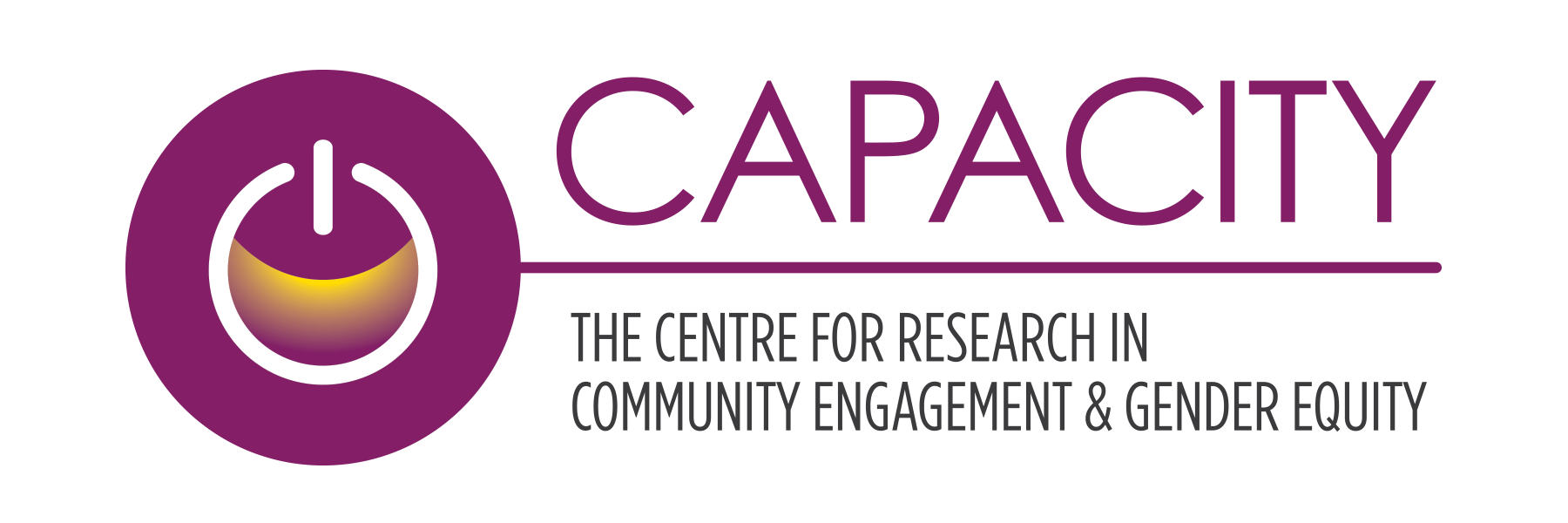Introduction
Sunny Jiao is a Graduate Research Assistant at Capacity Research Unit and has been a part of our team since September, 2016. She is currently a PhD student at the UBC School of Nursing. Having previously worked as a psychiatric liaison nurse in an emergency room, she saw the need for improved service provision, especially for individuals who experience mental health and substance use challenges.
“The opportunity to improve service provision for marginalized populations and my desire to learn the various skills required of a nursing researcher drove me to apply for this position.”
Since she began working at Capacity she has been involved in a number of projects including SPACES, the Ethics Project, and STRENGTH.
“I find inspiration when I am connecting with people—speaking to patients and staff at the hospital, having discussions with my supervisor and fellow staff and students at Capacity, and even reading the words of a research participant in an interview transcript.”
Current Research
Through a mixed method and case study approach within her dissertation, Sunny hopes to address the question of how best to support the comprehensive integration of harm reduction interventions in Canadian emergency departments (EDs).
“This is the focus of my research because the current literature on harm reduction interventions in the ED and influential implementation factors is limited to harm reduction as naloxone distribution and as opioid therapy, and is also limited to the US context.”
Sunny hopes to generate a set of practical recommendations that can be used to inform the comprehensive integration of health and social harm reduction interventions in EDs across Canada, with the prospect of improving service provision for people who use drugs.
Personal Research Accomplishments
Throughout her time at Capacity Research Unit, Sunny has had the opportunity of being the first author on two academic publications. Having published in Nursing Inquiry and in the Journal of Sex Research, she also anticipates a number of future academic publications including a scoping review on the concept of “outreach” and a paper on the notion of consent when conducting research with marginalized populations.
“My research is informed by both complexity and critical theories, which acknowledge the interconnected and nuanced nature of relationships among system components that may impact intervention implementation, while also allowing the examination of discrimination as a contextual factor.”
Sunny is influenced not only by Canadian harm reduction pioneers, her supervisory committee, and her Capacity colleagues, but also by personal friends in her life whose families have been deeply affected by current inadequacies in our health system.
If the sky was her limit…
If Sunny was given unlimited resources, she would establish and run a centre dedicated to comprehensive service provision for people who use drugs. Services would include both health—e.g., primary care services, OAT and heroin prescription and management, the distribution of drug use equipment and naloxone kits, supervised consumption services, detoxication—as well as social services—e.g., support for obtaining financial aid, safe housing, employment, and legal aid. There would also be an outreach branch of the centre.
“Of course, this may be an uphill battle politically, but at least we would have the funds covered!”


